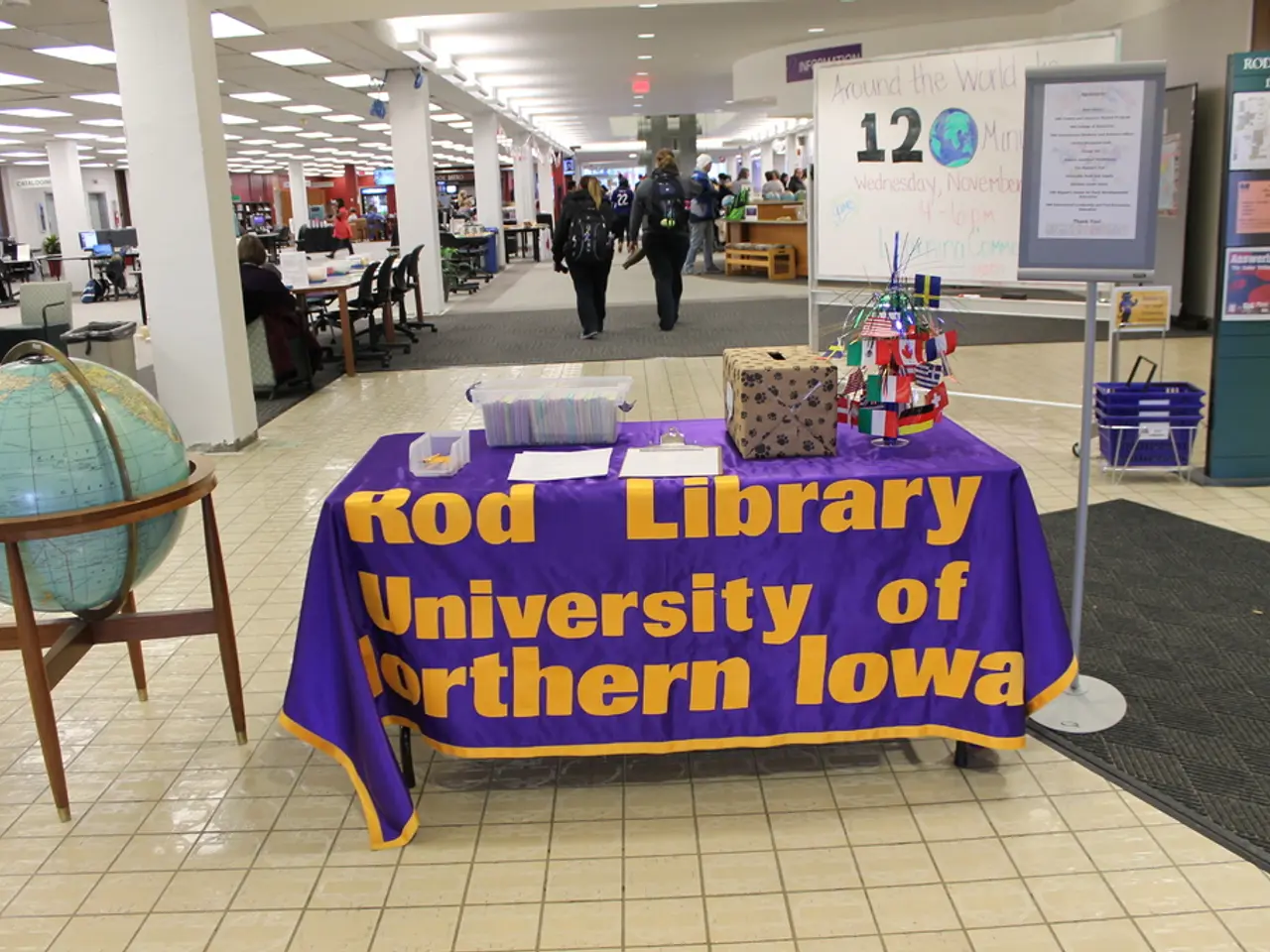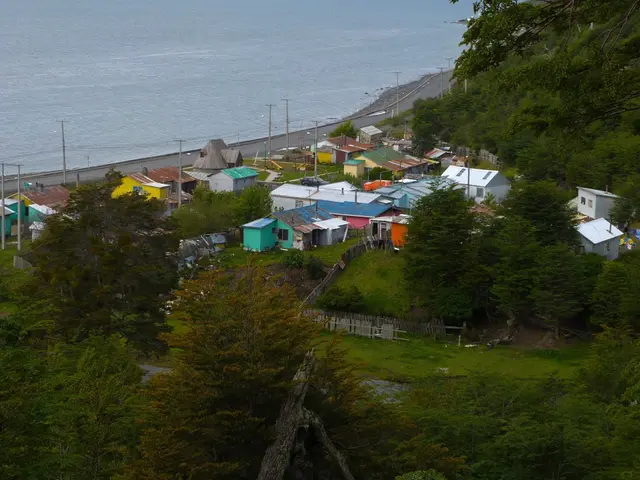Mauritius family holds more than just a partnership role for Modi, the Indian leader believes.
In a significant visit to Mauritius, Indian Prime Minister Narendra Modi emphasised the strong historical, cultural, and religious ties that bind the two nations.
During his speech, Modi recalled the rapid delivery of 1 lakh vaccines to Mauritius during the Covid pandemic and spoke about the benefits of the Comprehensive Economic Cooperation and Partnership Agreement (CECPA) between India and Mauritius, signed four years ago. This agreement marked the first trade agreement signed by India with an African country.
The historical ties between India and Mauritius date back to the 18th century when Indian migrants from regions such as Pondicherry and Bhojpuri-speaking areas began arriving in Mauritius. A significant influx occurred after the abolition of slavery in 1835 by the British Empire, with these migrants primarily brought as indentured laborers to work on sugar plantations. This migration has shaped the demographic and cultural landscape of Mauritius profoundly, creating a multi-ethnic, multilingual "rainbow nation."
Culturally, Indian customs, languages, religions, and festivals have been deeply integrated into Mauritian society. Indian cultural influences dominate much of Mauritius's high culture alongside French, with religions such as Hinduism and Islam practiced widely among the Indo-Mauritian population.
Religiously, the Indian diaspora brought Hinduism, Islam, and Christianity (among others) to the island. Hinduism, in particular, is a major faith in Mauritius, contributing temples and festivals to the island's cultural fabric.
Politically and diplomatically, the relationship has evolved into a strategic partnership. Modi emphasised during India’s 79th Independence Day celebrations that Mauritius remains a strategic and trusted partner. Mauritius's leadership also stresses these historical and cultural ties as the foundation of continued cooperation.
In recent decades, this relationship has expanded to include economic cooperation, development assistance, and strategic collaboration, especially in the Indian Ocean region where both countries engage closely against the backdrop of regional competition, particularly with China.
During his visit, Modi announced several initiatives to further strengthen these ties. He proposed organizing a World Girmitiya Conference to honour the legacy of indentured laborers and chart their geographical routes. He also announced the preparation of a "Girmitiya" database to compile details of towns and villages in India from where 19th-century laborers left and where they settled.
Modi also announced a special provision for OCI cards to be made available to the seventh generation of people of Indian origin in Mauritius. Earlier in the day, he presented OCI cards to the President and First Lady of Mauritius.
The visit comes at a time when China is strengthening its presence in the Indian Ocean region. Modi's emphasis on the emotional bond between the people of Mauritius and Bihar, where most indentured laborers originally came from, can be seen as an attempt to maintain India's influence in the region.
In conclusion, Modi's visit to Mauritius underscores the deep-rooted historical, cultural, and religious ties between the two nations. These ties have evolved into a multifaceted alliance that continues to strengthen over time, with contemporary cooperation spanning economics, culture, and regional security.
In his speech, Modi discussed the benefits of the Comprehensive Economic Cooperation and Partnership Agreement (CECPA) between India and Mauritius, highlighting its significance as the first trade agreement signed by India with an African country in the realm of general-news politics. The visit also shed light on the political and diplomatic relationship between the two nations, with both leaders stressing the historical and cultural ties as the foundation for continued cooperation.





